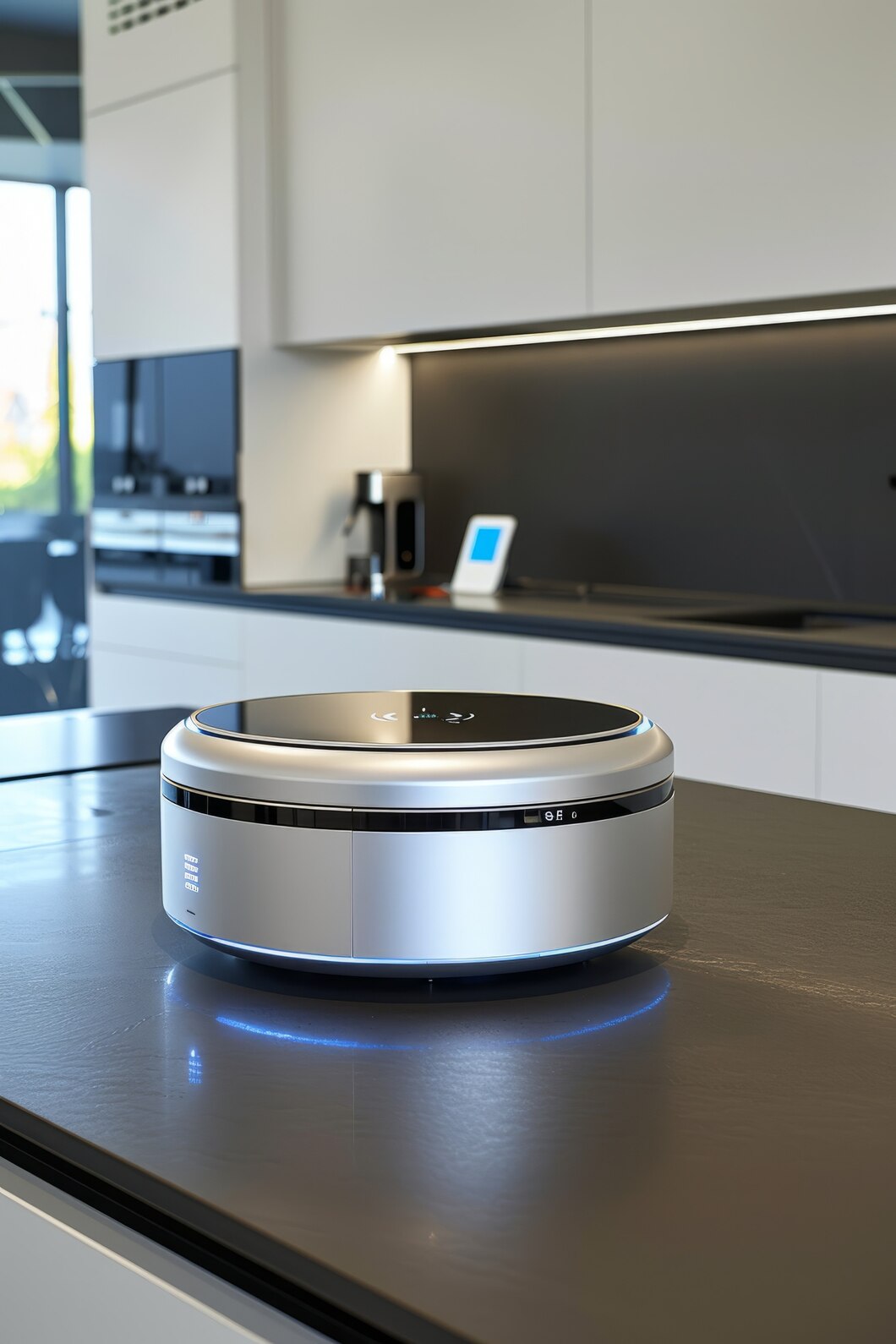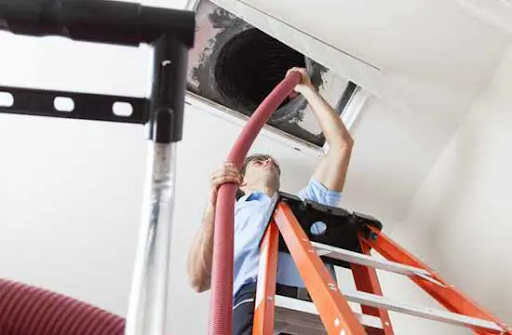Top Operational Benefits of Alexa Smart Properties for Staff

In hospitality, time and precision matter. Staff must respond quickly to guest needs, coordinate across departments, and keep operations running smoothly. Voice technology is making that easier. With tools like Alexa Hospitality, hotels are simplifying staff workflows, reducing service delays, and supporting teams more effectively.
While voice assistants are often seen as guest-facing amenities, their value behind the scenes is just as significant. With the right setup, voice can help staff spend less time on manual processes and more time focused on service delivery.
Streamlining The Front Desk
When a guest asks for towels, room cleaning, or dining hours, the request typically passes through the front desk, even if that team isn’t the one completing it. With Alexa Smart Properties, these common requests go directly to the appropriate department.
For example, if a guest says, “Alexa, I need more towels,” the request is automatically routed to housekeeping. It appears in the system the team already uses, reducing delays and removing the need for middle steps. This helps front desk staff stay focused on check-ins, guest arrivals, and more complex service issues.
Faster Room Turnovers
When housekeeping staff can update room status using voice, turnaround time improves. Instead of reporting status through radios or walking back to a service desk, a team member can simply say, “Alexa, mark room 402 as clean.”
The PMS updates automatically. The front desk sees the change in real time. Guests can check in sooner, and staff can move on to the next task without stopping to log manual updates. That improves room readiness without adding extra work.
Better Coordination Across Departments
In many hotels, departments operate independently; housekeeping, maintenance, and front desk teams often use different tools and processes. Voice creates a shared communication layer. Maintenance can receive room-based requests through Alexa. Front desk staff can check room status or send service requests without relying on radios or extra systems.
Alexa Hospitality creates consistency. Everyone uses the same process, so there’s less room for error. Staff don’t need to learn new tools for different hotels or departments. That makes onboarding faster and daily work more predictable.
Operational Insights Without Extra Work
Using Alexa Smart Properties also gives teams access to basic reporting and trends. Management can see which requests are most common, what time of day services are in highest demand, and which departments handle the most voice requests.
These insights help schedule shifts more effectively and identify where additional support may be needed. Staff don’t need to collect or log extra data; it’s built into the system.
Supporting Staff With Consistent Processes
Voice tools also make training and standardization easier. The same voice commands apply across properties. Staff don’t have to learn separate systems for each hotel. They use a simple set of voice prompts to handle tasks, updates, and guest communication.
For teams that operate across multiple properties, this kind of consistency saves time and reduces mistakes. It also allows regional managers to implement policies and workflows more efficiently.
What To Consider When Getting Started
To set up voice tools successfully:
- Install Echo devices in guest rooms, integrated with your existing systems.
- Define a clear set of voice commands that link directly to your operations.
- Train staff on which commands support their daily tasks.
- Test the setup in real-world scenarios before full rollout.
- Communicate clearly about privacy settings and data use.
It’s also important to give teams time to adjust. Change management plays a role in successful implementation. Staff should understand how the tools help, not replace them.
Designed To Support Staff, Not Distract Them
Alexa Smart Properties are not designed to automate every aspect of hospitality. Instead, they simplify communication and reduce repetitive tasks. This helps teams stay focused on direct service interactions and respond faster to guest needs.
By taking low-value, high-volume tasks off staff workloads, hotels can increase reliability, shorten response times, and give staff the tools to perform more effectively.
Looking Ahead
Voice tools will continue to expand in hospitality. New features could include language translation for multilingual teams, voice updates for shift changes, and back-of-house coordination. As the technology becomes more flexible, staff will be able to manage more tasks without leaving their post or switching tools.
What remains constant is the need for reliability, clarity, and control. With the right foundation, voice can be part of a future where hotel staff work with fewer interruptions and more direct access to the information and support they need.
ㅤ ㅤ ㅤ ㅤ ㅤ ㅤ ㅤ ㅤ ㅤ ㅤ ㅤ ㅤ ㅤ ㅤ ㅤ ㅤ ㅤ ㅤ ㅤ ㅤㅤ ㅤ ㅤ ㅤ ㅤ ㅤ ㅤ ㅤ ㅤ ㅤ ㅤ ㅤ ㅤ ㅤ ㅤ ㅤ ㅤ ㅤ ㅤ ㅤ ㅤ ㅤㅤ ㅤ ㅤ ㅤ ㅤ ㅤ ㅤ ㅤ ㅤ ㅤ ㅤ ㅤ ㅤ ㅤ ㅤ ㅤ ㅤ ㅤ ㅤ ㅤ
ㅤ ㅤ ㅤ ㅤ ㅤ ㅤ ㅤ ㅤ ㅤ ㅤ ㅤ ㅤ ㅤ ㅤ ㅤ ㅤ ㅤ ㅤ



